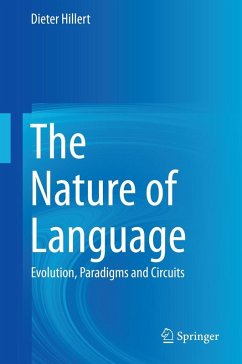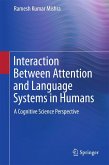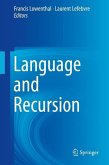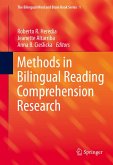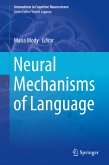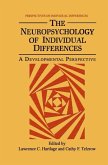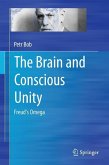The book The Nature of Language addresses one of the most fundamental questions of mankind: how did language evolve, and what are the neurobiological and cognitive foundations of language processing? This monograph explores these questions from different perspectives to discuss the building blocks of language evolution and how they developed in the way they can be found in modern humans. Furthermore, primarily neural mapping methods of cognition presented in this research provide extremely valuable data about the neural circuitries that are involved in language processing. Thus, the book explores and illustrates cortical mapping in typical language patterns, but also cortical mapping in atypical populations that fail to process particular language aspects. In sum, an evolutionary stance is used to explore how language abilities of the Homo sapiens evolved to communicate for the purposes of conveying information, ideas, emotions, goals, humor, etc. This book presents an evolutionary language model that builds on the cognitive abilities of our evolutionary ancestors, and it allows readers to draw a variety of expansive conclusions from that, including the idea that human language as an interface system provides the basis for consciousness.
Dieser Download kann aus rechtlichen Gründen nur mit Rechnungsadresse in A, B, BG, CY, CZ, D, DK, EW, E, FIN, F, GR, HR, H, IRL, I, LT, L, LR, M, NL, PL, P, R, S, SLO, SK ausgeliefert werden.

